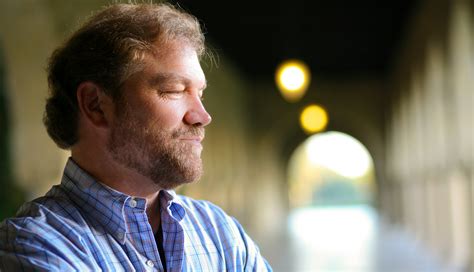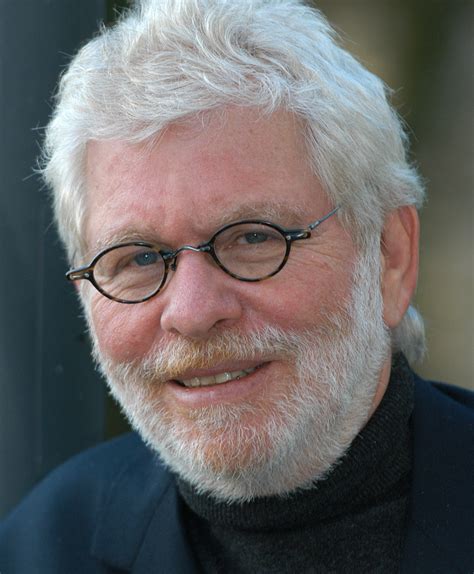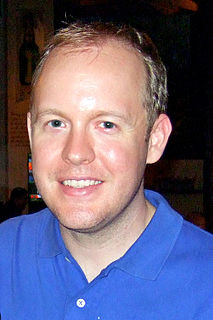A Quote by Marvin Kalb
At what price do we get our news? The role of economics in defining the nature of contemporary journalism has never been better explained. A valuable, important book for those of us who watch, read, or listen to the news.
Related Quotes
News at Work is a vivid, inside look at the collision of print journalism and electronic media. Based on close access to the leading news organizations in Buenos Aires, Boczkowski documents how contemporary journalism is caught in the grip of emulation; this spiral of imitation exacerbated further by global news media and their intensifying homogenization. The portrait of this transformation of the news is both fascinating and deeply worrying, and is guaranteed to provoke debate.
I'm confused about who the news belongs to. I always have it in my head that if your name's in the news, then the news should be paying you. Because it's your news and they're taking it and selling it as their product. ...If people didn't give the news their news, and if everybody kept their news to themselves, the news wouldn't have any news.
Now your kids can't escape. Thirteen-year-olds back then, if they didn't watch the evening news, they didn't see news. If they didn't watch the 6:30 or seven p.m. news, they didn't see news. Today younger people have much more access to that kind of hard news than you did when you were 13 back then.
We all have our likes and our dislikes. But... when we're doing news - when we're doing the front-page news, not the back page, not the op-ed pages, but when we're doing the daily news, covering politics - it is our duty to be sure that we do not permit our prejudices to show. That is simply basic journalism.
Sure enough, as merger has followed merger, journalism has been driven further down the hierarchy of values in the huge conglomerates that dominate what we see, read and hear. And to feed the profit margins journalism has been directed to other priorities than "the news we need to know to keep our freedoms"































